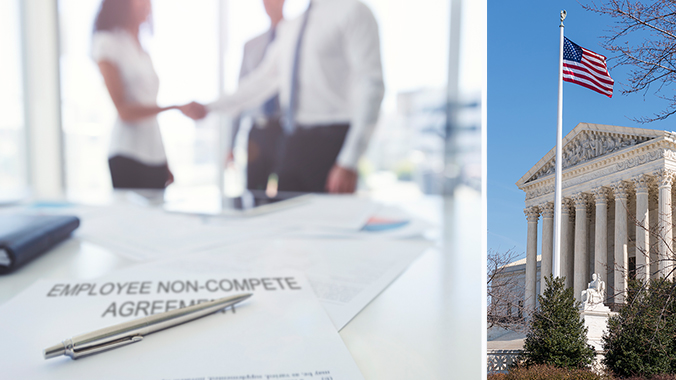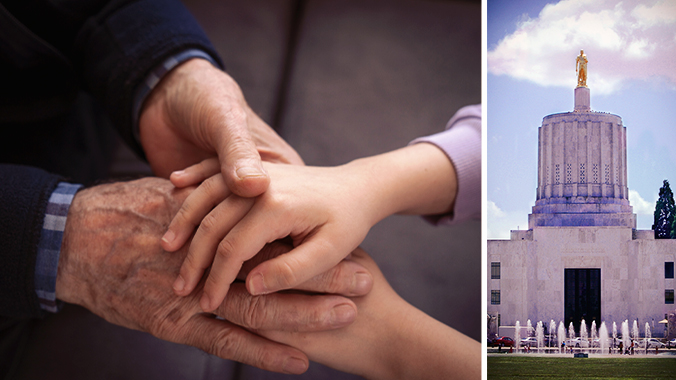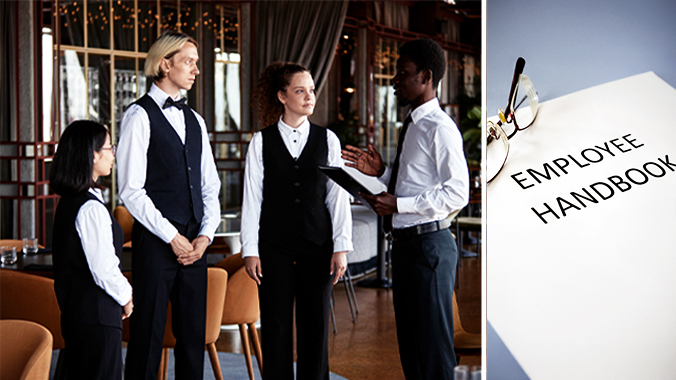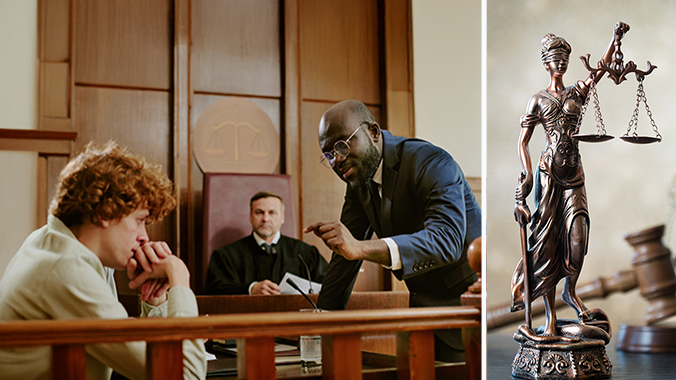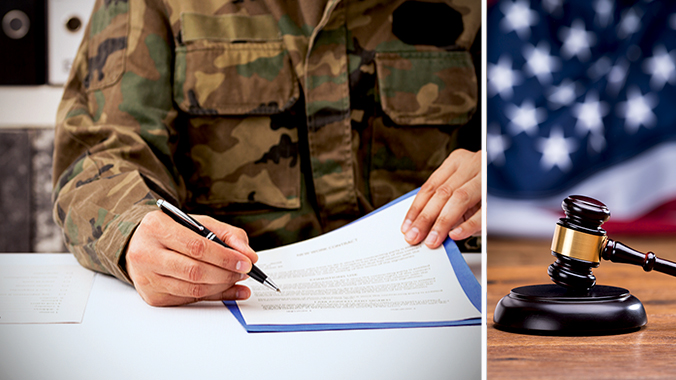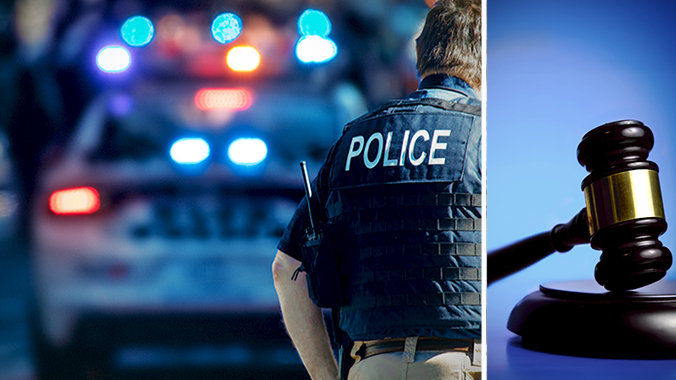Using AI to Analyze and Respond to an Opposing Argument

Michael is certified by the California State Bar as a Specialist in Appellate Law and is President of the California Academy of Appellate Lawyers, an association of a bit more than 100 of the most distinguished appellate lawyers in California. He serves on the California Judicial Council’s Appellate Advisory Committee and its Appellate Caseflow Working Group.
1.5 hour CLE
Tuition: $195.00
Get this course, plus over 1,000+ of live webinars.
Learn More
Training 5 or more people?
Sign-up for a law firm subscription plan and each attorney in the firm receives free access to all CLE Programs
Program Summary
Artificial intelligence is transforming legal practice, offering powerful tools to enhance efficiency and precision in drafting and discovery. This program will explore how AI can assist in legal opposition drafting by analyzing materials, identifying weaknesses, and strengthening arguments. Attendees will gain practical insights into leveraging AI-driven analysis to refine legal drafting, bolster opposition drafting in trial and appellate courts, and optimize discovery processes. Through real-world applications and expert guidance, this session provides a comprehensive understanding of AI’s role in modern legal practice and its potential to enhance advocacy and decision-making.
Key topics to be discussed:
- What’s the goal of an opposition?
- How can AI assist in achieving it
- By analyzing the material to be opposed
- By strengthening the opposition
![]() Closed-captioning available
Closed-captioning available
Speakers
 Michael Colantuono | Colantuono, Highsmith & Whatley, P.C.
Michael Colantuono | Colantuono, Highsmith & Whatley, P.C.
Michael has specialized in municipal law since 1989. He is certified by the California State Bar as a Specialist in Appellate Law and is President of the California Academy of Appellate Lawyers, an association of a bit more than 100 of the most distinguished appellate lawyers in California.
He is an Elected Member of the American Law Institute, the leading independent organization in the United States producing scholarly work to clarify, modernize, and otherwise improve the law. He has argued 14 cases in the California Supreme Court and appeared in all six of the California District Courts of Appeal, as well as trial courts around the State. He serves on the California Judicial Council’s Appellate Advisory Committee and its Appellate Caseflow Working Group.
Michael has expertise in a broad range of areas of concern to local governments in California, including constitutional law, land use regulation, open meetings, elections, municipal litigation, conflicts of interest, public utilities, LAFCO issues, inverse condemnation, cannabis regulation, and a wide range of public finance issues involving taxes, assessments, fees and charges.
Michael is perhaps California’s leading expert on the law of local government revenues, briefing 18 cases on that subject in the California Supreme Court since 2004. The Daily Journal named him a California Lawyer of the Year in inverse condemnation law for his win in City of Oroville v. Superior Court (2019) 7 Cal.5th 1091, government’s first win in that court in this subject area in decades. California Chief Justice Ronald M. George presented him with the 2010 Public Lawyer of the Year Award on behalf of the California State Bar. Two successive Speakers of the California Assembly appointed him to the Board of Trustees of the California Bar, the state agency which regulates the practice of law in California. His fellow Trustees elected him Treasurer and President of the Bar and the California Supreme Court appointed him as Chair of its Board of Trustees.
Michael currently serves as City Attorney for the City of Grass Valley and General Counsel for the Grass Valley Redevelopment Agency Successor Agency, the Calaveras County LAFCO, the Oak Tree Park and Recreation District, the Peardale-Chicago Park, Higgins, Ophir Hill, Penn Valley, and Rough & Ready Fire Districts and the Camarillo Healthcare District. He previously served as City Attorney of Auburn (2005–2019), Barstow (1997–2004), Calabasas (2003–2012), Cudahy (1994–1999), La Habra Heights (1994–2004), Monrovia (1999–2002), and Sierra Madre (2004–2006), as General Counsel to the Auburn (2005–2019), Barstow (1997–2004) and Sierra Madre (2004–2006) Redevelopment Agencies, and as General Counsel of the Big Bear City Community Services District (1994–2001).
Michael assisted the Legislative Analyst’s Office in the impartial analysis of Proposition 218 and co-chaired the committee which drafted what became the Proposition 218 Omnibus Implementation Act of 1997. He also chaired the committees which drafted the League of California Cities’ Prop. 26 and 218 Implementation Guide.
Michael was elected by his peers to serve as President of the City Attorneys’ Department of the League of California Cities in 2003–2004. He now represents the Department on Cal Cities’ Board of Directors.
Michael was appointed by the Rules Committee of the California State Assembly to the Commission on Local Governance in the 21st Century. The Commission was formed to study the Cortese-Knox-Hertzberg Local Government Reorganization Act and the bulk of its recommendations became law. Michael was deeply involved in drafting both the committee report and the statute.
Michael graduated magna cum laude from Harvard University (BA 1983) and received his law degree from University of California, Berkeley School of Law (JD 1988), graduating first in his class. While in law school, he was an Articles Editor of the California Law Review and became a member of the Order of the Coif upon graduation. Michael was law clerk to the Honorable James R. Browning, Judge of the United States Court of Appeals for the Ninth Circuit, in 1988– 1989.
He taught Administrative Law as an adjunct Professor of Law at the University of California, Berkeley School of Law in 1995 and is a frequent speaker and trainer on a wide range of public law topics.
Agenda
I. What’s the goal of an opposition? | 1:00pm – 1:30pm
II. How can AI assist in achieving it | 1:30pm – 2:00pm
Break | 2:00pm – 2:10pm
III. By analyzing the material to be opposed | 2:10pm – 2:25pm
IV. By strengthening the opposition | 2:25pm – 2:40pm
Credits
Alaska
Approved for CLE Credits
1.5 General
Alabama
Pending CLE Approval
1.5 General
Arkansas
Approved for CLE Credits
1.5 General
Arizona
Approved for CLE Credits
1.5 General
California
Approved for CLE Credits
1.5 General
Colorado
Pending CLE Approval
1.5 General
Connecticut
Approved for CLE Credits
1.5 Ethics / Professionalism
District of Columbia
No MCLE Required
1.5 CLE Hour(s)
Delaware
Pending CLE Approval
1.5 General
Florida
Approved via Attorney Submission
2 General Hours
Georgia
Approved for CLE Credits
1.5 General
Hawaii
Approved for CLE Credits
1.5 General
Iowa
Approved for Self-Study Credits
1.5 General
Idaho
Pending CLE Approval
1.5 General
Illinois
Approved for Self-Study Credits
1.5 General
Indiana
Approved For On-Demand Credits
1.5 NLS (Non-Legal Subject)
Kansas
Approved for Self-Study Credits
1.5 Substantive
Kentucky
Approved for Self-Study Credits
1.5 General
Louisiana
Approved for Self-Study Credits
1.5 Law Practice Management
Massachusetts
No MCLE Required
1.5 CLE Hour(s)
Maryland
No MCLE Required
1.5 CLE Hour(s)
Maine
Pending CLE Approval
1.5 General
Michigan
No MCLE Required
1.5 CLE Hour(s)
Minnesota
Approved for Self-Study Credits
1.5 General
Missouri
Approved for Self-Study Credits
1.8 General
Mississippi
Pending CLE Approval
1.5 General
Montana
Approved for Self-Study Credits
1.5 General
North Carolina
Pending CLE Approval
1.5 General
North Dakota
Approved for CLE Credits
1.5 General
Nebraska
Pending CLE Approval
1.5 General
New Hampshire
Approved for CLE Credits
90 Ethics / Professionalism minutes
New Jersey
Approved for CLE Credits
1.8 General
New Mexico
Approved for Self-Study Credits
1.5 General
Nevada
Approved for Self-Study Credits
1.5 General
New York
Approved for CLE Credits
1.8 General
Ohio
Approved for Self-Study Credits
1.5 General
Oklahoma
Pending CLE Approval
2 General
Oregon
Approved for Self-Study Credits
1.5 General
Pennsylvania
Approved for Self-Study Credits
1.5 General
Rhode Island
Pending CLE Approval
2 General
South Carolina
Pending CLE Approval
1.5 General
South Dakota
No MCLE Required
1.5 CLE Hour(s)
Tennessee
Approved for Self-Study Credits
1.5 General
Texas
Approved for CLE Credits
1.5 General
Utah
Pending CLE Approval
1.5 General
Virginia
Not Eligible
1.5 General Hours
Vermont
Approved for CLE Credits
1.5 Law Practice Programming
Washington
Approved via Attorney Submission
1.5 Other (Office Management) Hours
Wisconsin
Approved for Self-Study Credits
1.5 Law Practice Management
West Virginia
Pending CLE Approval
1.8 General
Wyoming
Pending CLE Approval
1.5 General
#1 CLE Access Program
- Over 1,000 Live CLE Webinars each year
- All CLE webinars broadcasted in last 12 months
- Programs covering over 35 practice areas
- Hot topics & changes in the law
- All formats: Live, Replay, and On-demand
- Accreditation in every state
Access every CLE webinar,
every format, all year long!
myLawCLE All-Access Pass
only $395 yearly
Register Now
#1 CLE Access Program
- Over 1,000 Live CLE Webinars each year
- All CLE webinars broadcasted in last 12 months
- Programs covering over 35 practice areas
- Hot topics & changes in the law
- All formats: Live, Replay, and On-demand
- Accreditation in every state
Access every CLE webinar,
every format, all year long!
myLawCLE All-Access Pass
only $395 yearly
Preview
More CLE Webinars
Trending CLE Webinars








Upcoming CLE Webinars



















